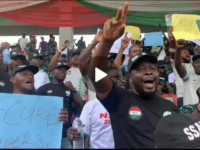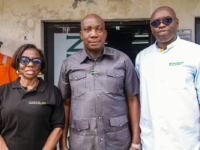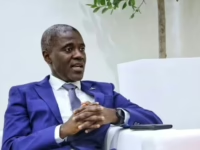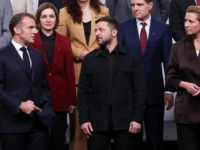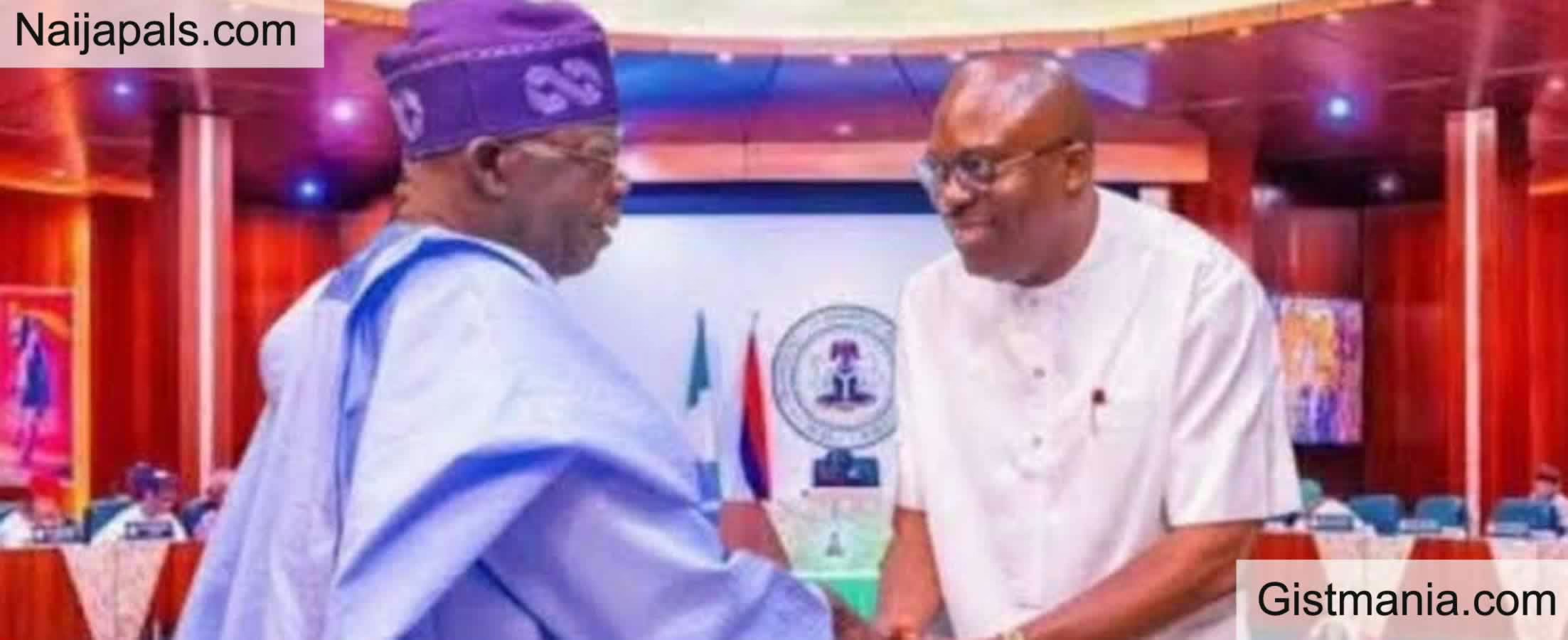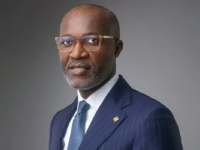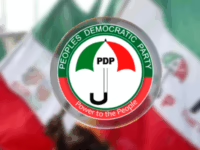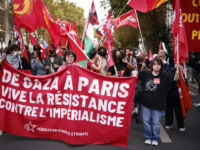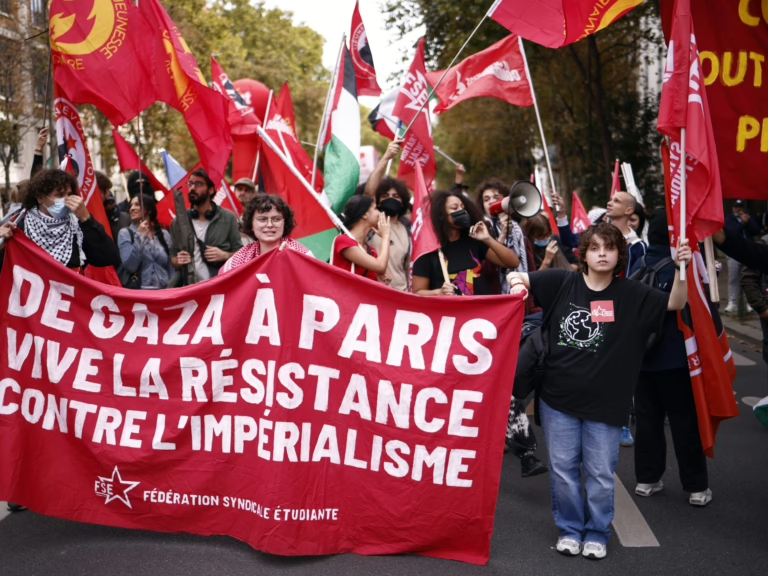While tens of thousands have gathered, turnout remains lower than the previous massive protest that saw half a million march nationwide.
French trade unions have initiated another extensive day of strikes across the country, intensifying demands on newly appointed Prime Minister Sebastien Lecornu to abandon the current austerity measures and halt further reductions in public spending.
According to France’s Ministry of the Interior, around 85,000 demonstrators had assembled nationwide by midday Thursday, excluding the capital, Paris. This figure is notably smaller than the turnout recorded two weeks ago, suggesting a decline in participation overall.
Recommended Stories
list of 3 itemsend of list
During the previous protests, police estimated attendance at 500,000, whereas union organizers claimed the numbers reached one million. The demonstrations sparked confrontations in several urban centers, with law enforcement deploying tear gas and detaining approximately 140 individuals nationwide.
For this round of protests, authorities mobilized roughly 76,000 police personnel, including gendarmes, as reported by outgoing Interior Minister Bruno Retailleau. In Paris alone, 5,000 officers were stationed in anticipation of crowds ranging between 20,000 and 40,000 participants.
Officials forecasted about 250 separate rallies across various cities throughout France.
This month has already seen two significant strikes orchestrated by unions, fueled by widespread discontent over an austerity budget that the government is attempting to pass through parliament.
Earlier this year, President Emmanuel Macron’s former prime minister, Francois Bayrou, resigned amid backlash against a budget plan proposing €44 billion ($52 billion) in cuts to local government and healthcare funding, alongside a freeze on public expenditure aimed at curbing France’s escalating deficit and debt. Bayrou has previously described the nation’s debt situation as “life-threatening.”
France has long grappled with controlling its expanding deficit and debt, with successive administrations facing strong public opposition to fiscal tightening.
The current deadlock highlights a deeper political stalemate. Macron’s administration lacks a clear parliamentary majority and confronts a divided opposition that agrees on the necessity of spending limits but disputes how the financial burden should be distributed.
Prime Minister Lecornu has pledged to steer policy in a new direction but cautioned in an interview with Le Parisien that any adjustments would impact the country’s economic standing and ultimately affect households. “The IMF isn’t knocking on Bercy’s door, but pretending that we can avoid consequences for our citizens is misleading,” he stated.
Union representatives have urged Lecornu, who previously served as defense minister and has yet to finalize his cabinet, to avoid proposing a budget similar to his predecessor’s. They advocate for implementing a wealth tax and reversing prior reforms, including pension changes that raised the retirement age from 62 to 64.
The unions emphasize the need for “fiscal fairness,” aiming to distribute the responsibility for funding public services more equitably across society.
Lecornu is anticipated to unveil his budget plans in the near future.
Sophie Binet, head of the General Confederation of Labour-one of France’s largest unions-told local media that “empty rhetoric or half-measures won’t resolve this crisis. We must address social demands and completely abandon the sacrifices imposed on workers in the Bayrou blueprint.”
Binet also warned that “social unrest is intense and will not subside.”
Manuel Bompard, a prominent figure in the left-wing La France Insoumise party, described the protests as “deeply political mobilizations” opposing “the government’s and the President’s policies.”



